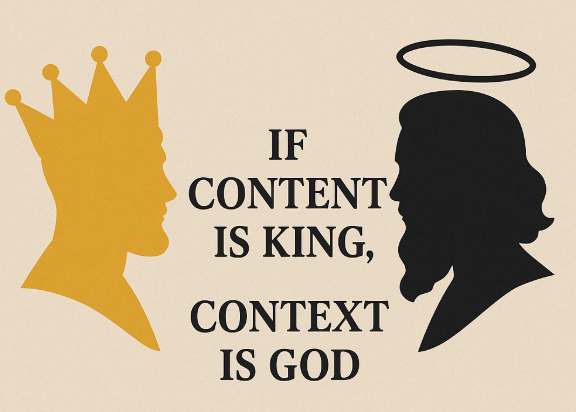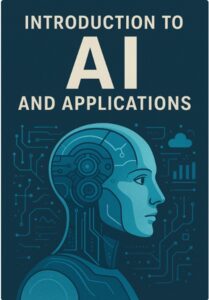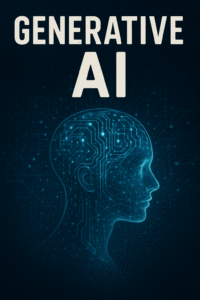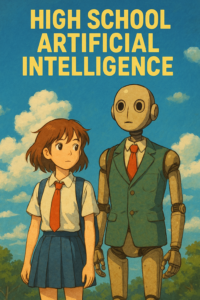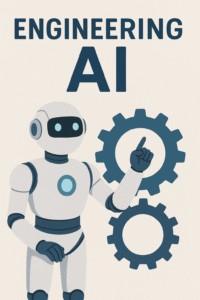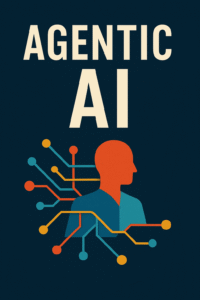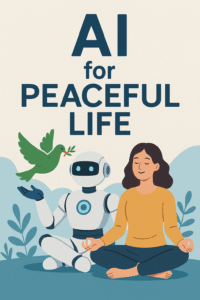Introduction
The famous phrase “Content is King” has long been used to highlight the importance of information, ideas, and knowledge in the digital era. Whether it is books, research papers, websites, or lectures, content serves as the building block of communication and learning. However, in my decades of research and teaching in the domains of Artificial Intelligence (AI), Quantum Computing, and Context-Aware Systems, I have realized that content, by itself, is insufficient.
Just as a king rules within the boundaries of his kingdom, content operates meaningfully only when placed in the right context. Without context, even the most valuable information loses its relevance, applicability, and power. This is why I argue: “If Content is King, Context is God.” The divine nature of context lies in its ability to transcend control—it flows naturally, shaping meaning beyond human manipulation.
Content vs. Context: The Core Distinction
- Content (the King): Refers to the raw material—facts, figures, research findings, words, and media. For example, a machine learning algorithm written in Python is content.
- Context (the God): Determines why, where, and how that content is meaningful. The same algorithm, when applied to detect diabetic retinopathy in healthcare (as in my research publications), gains life-saving significance.
Consider the phrase:
- “It’s hot.”
- In a kitchen, it means the stove is dangerous.
- In weather, it means the climate is warm.
- In slang, it means something is trendy.
Here, content is identical, but context changes its meaning entirely.
The Power of Context in AI and Technology
My doctoral research focused on Context-Aware Computing for Ubiquitous Systems, where I designed algorithms and recommendation engines that adapt based on user context. The findings repeatedly confirmed that context is the invisible intelligence that transforms static information into actionable knowledge.
Examples:
- Healthcare Systems:
A mobile healthcare application we developed recommended emergency actions only when location (hospital proximity), user condition (health records), and time (emergency) matched. Here, context was the deciding factor between a generic notification and a life-saving recommendation. - Smart Homes & IoT:
A “context-aware TV recommender system” (from my IEEE publications) adjusted program recommendations not only by user preference but also by family presence and time of day. This demonstrates that personalization without context is shallow. - Generative AI & Quantum AI:
In workshops I delivered on Generative AI, I often highlight that large language models like ChatGPT generate enormous content. Yet, without context (domain, audience, cultural alignment), the outputs risk being irrelevant or even misleading.
Philosophical Dimension: Why Context is God
Unlike kings who can be dethroned, context cannot be controlled or monopolized. It exists in layers:
- Personal Context: Emotions, intentions, preferences.
- Cultural Context: Language, customs, values.
- Temporal Context: Time, history, and sequence.
- Environmental Context: Place, surroundings, technology.
For example, in quantum computing, superposition states are merely mathematical constructs (content). But when placed in the context of cryptography, they reshape the future of cybersecurity.
God, like context, is omnipresent—often invisible yet always influencing outcomes. You cannot command context; you can only adapt to it. This is why I argue that context transcends the role of content.
Real-World Applications of “Context as God”
- Education:
Teaching “Python Programming” is effective only when contextualized with student background, industry needs, and future research directions. Otherwise, it is just syntax and semantics. - Business & Communication:
Marketing slogans succeed not because of the words (content) but because they tap into customer context—cultural values, emotions, and current trends. - Peaceful AI:
In my exploration of Quantum AI for Peaceful Mind, I emphasize that AI’s true contribution is not in content generation but in understanding human context—stress, emotions, and cognitive states—to promote well-being.
Conclusion
To conclude, content is essential—it informs, educates, and guides. But it is context that breathes life into content. In AI, in education, in communication, and even in spirituality, context holds divine authority. Content may be the king of knowledge, but context remains the God of wisdom.

